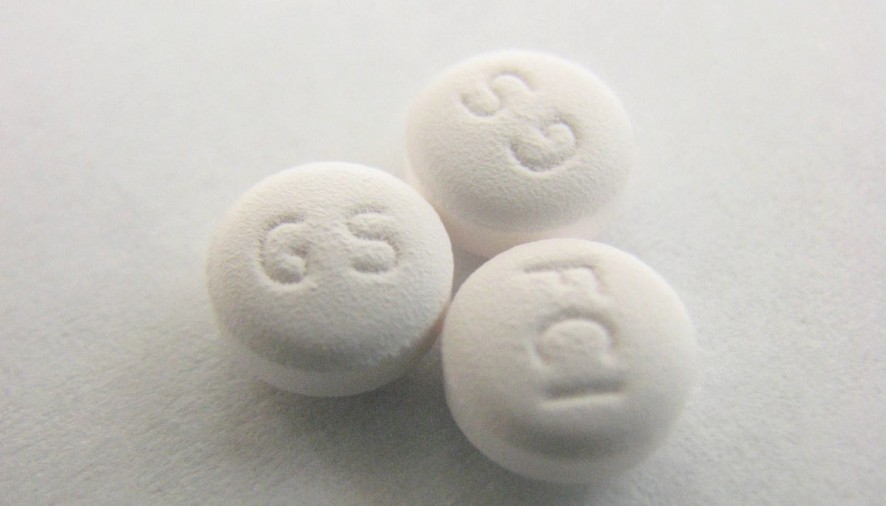A common antidepressant may reverse heart failure after a myocardial infarction (heart attack) Scientists claim.
Paroxetine is an antidepressant that has been prescribed since 1991 in the UK and is classified as a Selective Serotonin Reuptake Inhibitor or SSRI. SSRIs, amongst other types of antidepressants, are used to treat clinical depression, anxiety disorders and obsessive compulsive disorder. They are said to work by blocking the reabsorption of serotonin in the brain, increasing the level of serotonin in the synaptic cleft (the gap between nerve cells) and making prolonged chemical communication between nerve cells possible. It is theorised that the signal that is send to the nerve cells makes the person feel happy.
A myocardial infarction is an irreversible condition that affects around 146 000 people yearly in the UK. A blood clot in the coronary arteries is often the cause for a heart attack. The coronary arteries supply the heart with oxygen and essential nutrients. If the blockage is sustained for an extended period of time, the heart is deprived of oxygen and parts of the heart tissues, especially parts of the heart muscles, die. In effect, the heart grows in size and loses its efficiency since it has difficulties pumping blood through the body.
In the long-term, a myocardial infarction is generally treated with Beta-blockers, ACE inhibitors and sometimes low doses of aspirin. Aspirin is known for its blood thinning property, preventing clots to form by accumulation of platelets. Platelets are blood cells that typically clot to stop a bleeding in the body and on the skin.
Despite existing treatment options, scientist discovered that paroxetine could be an alternative treatment. Paroxetine alongside all other antidepressants come with side effects; one side effect seems to reverse heart failure resulting from a heart attack.
The study was carried out by a team of researchers led by Walter J. Koch from the Temple University School of Medicine in Philadelphia, USA. Mice that showed left ventricular dysfunctions after a myocardial infarction were treated with paroxetine and fluoxetine, also a SSRI, two weeks after the heart attack. After four weeks of treatment the mice treated with paroxetine showed improved functioning of their left ventricle, known as the left heart chamber, and various factors that contribute to heart failure were inhibited or reversed. Yet, the mice treated with fluoxetine showed further degradation of their left ventricular function.
The group of researchers used fluoxetine as a control measure to show that improved functioning of the left ventricle after a heart attack is due to the inhibition of the enzyme GRK2 that is present in paroxetine but not in fluoxetine and thus not due to the antidepressant effect. GRK2 stands for G protein-coupled kinase 2 which is an enzyme that shows increased levels during heart failure. Previous research by Dr Koch indicated that reducing the levels of GRK2 reverses heart failure.
Additionally, paroxetine was found to be more efficient in treating heart failure than the frequently prescribed beta-blocker metoprolol. After having left the mice untreated for further two weeks after a month of treatment, the reversal of heart failure seems to continue.
It may be difficult to increase the scale of these findings and test them on humans. Nonetheless, Dr Koch suggests that it would be worth considering whether prescribing paroxetine to patients that suffer from clinical depression and heart failure might be beneficial to the patient, especially since paroxetine has been approved for humans.
Image courtesy of Tokino, image hosted on Wikipedia.

